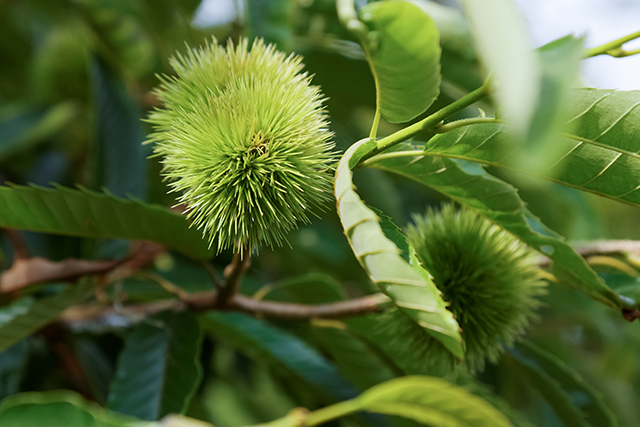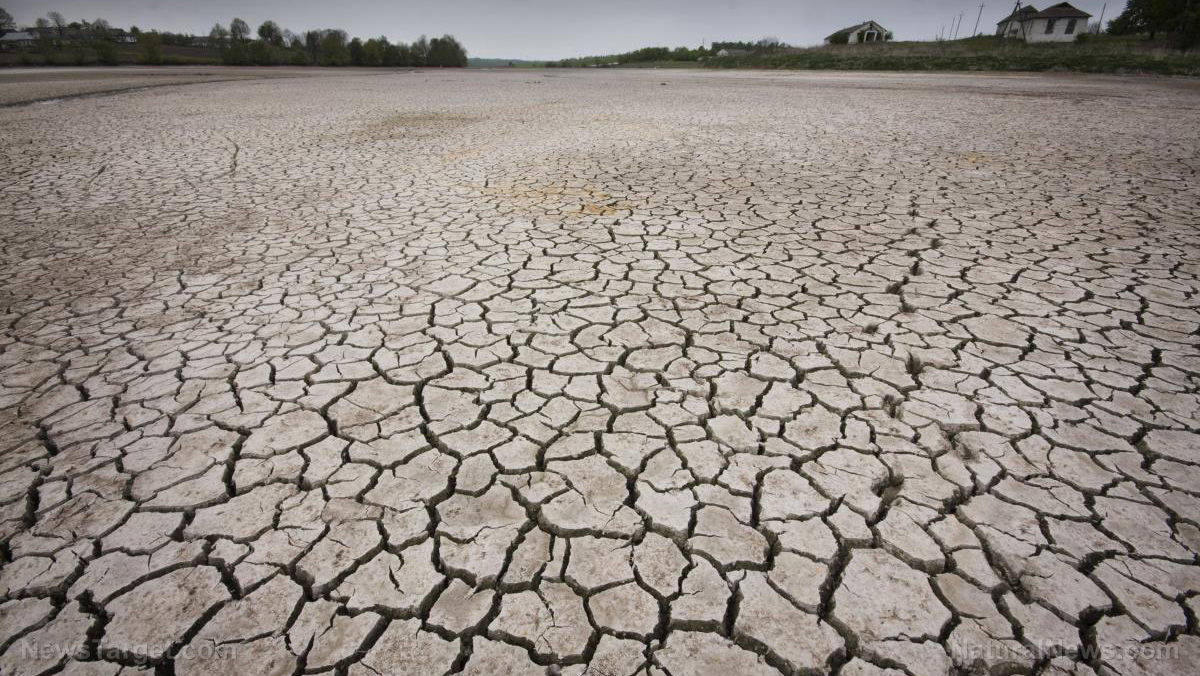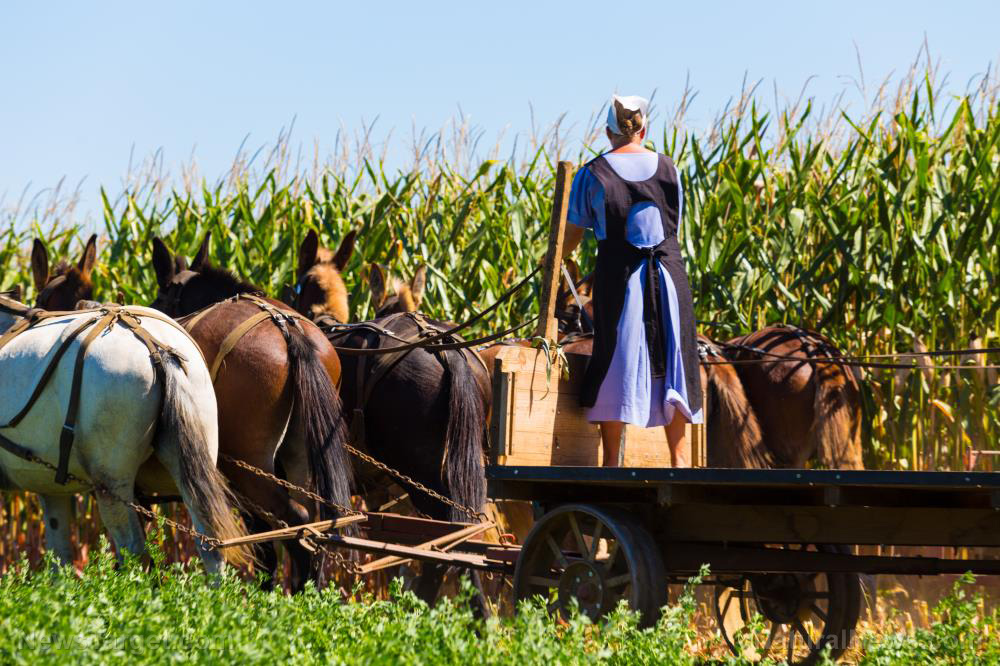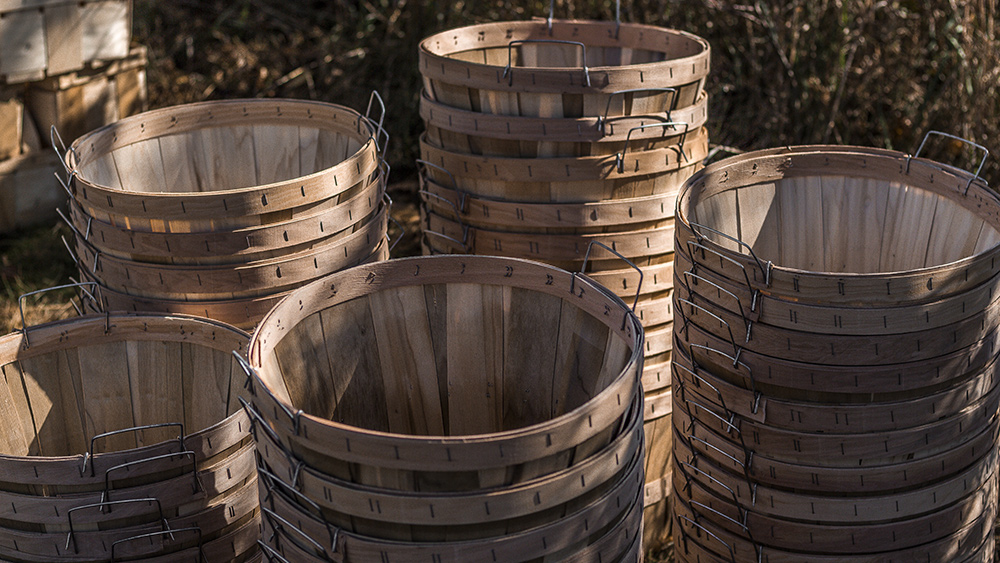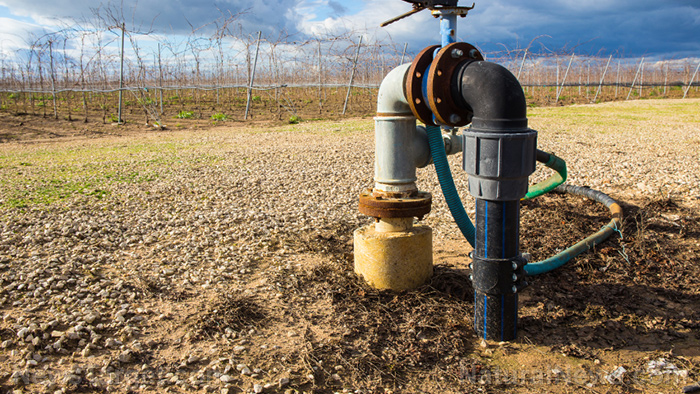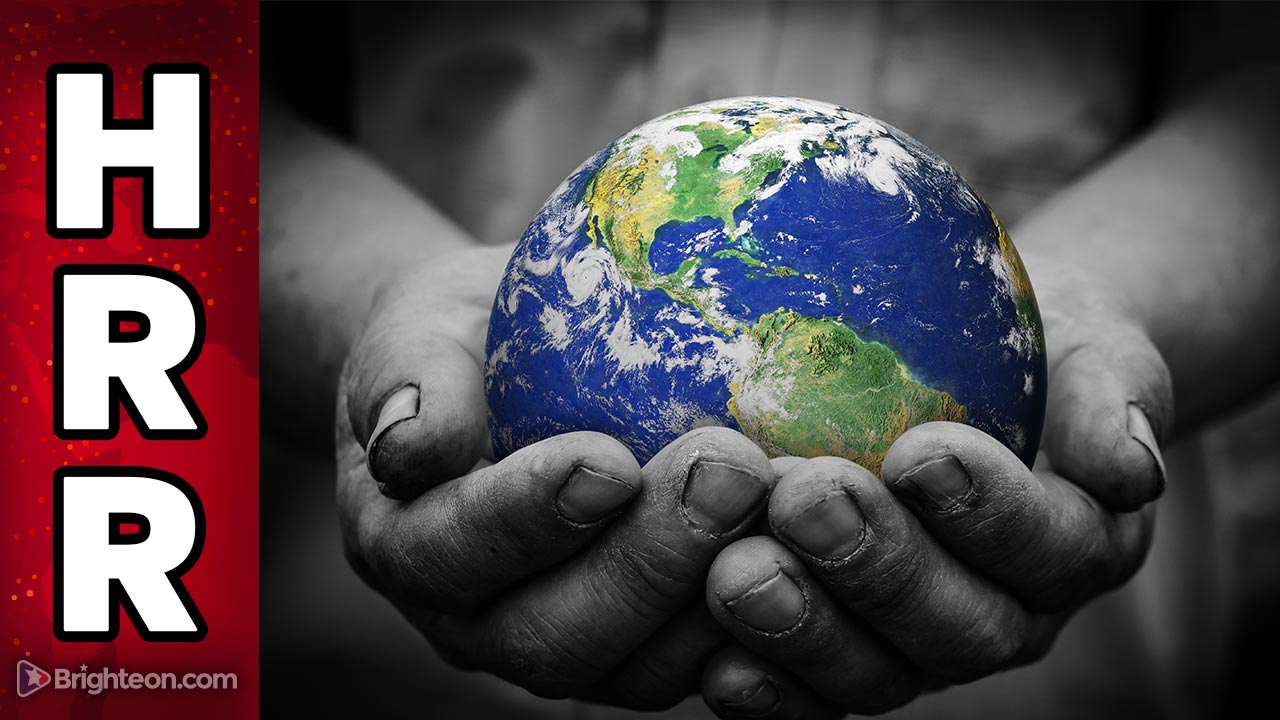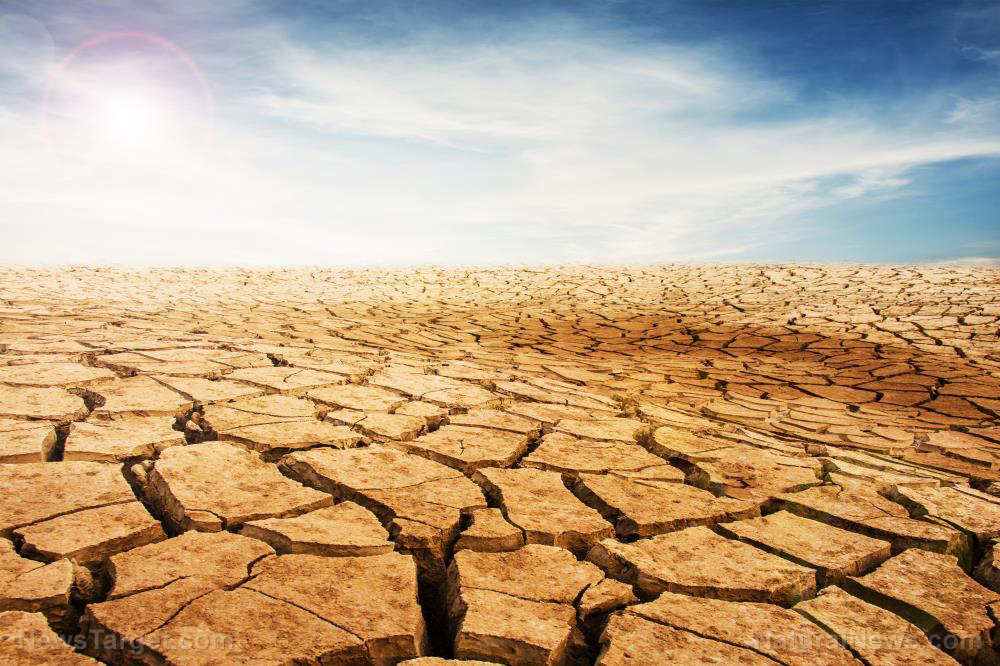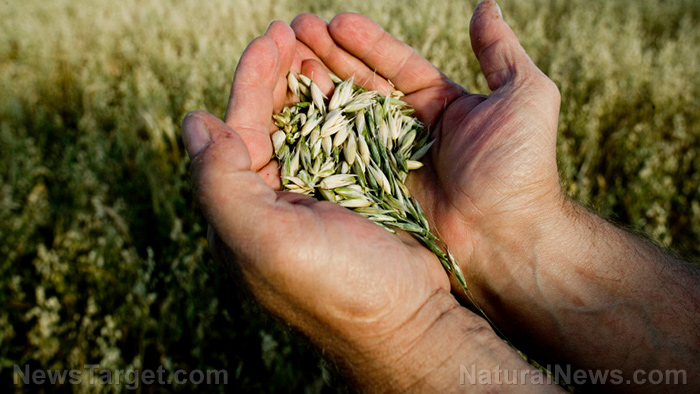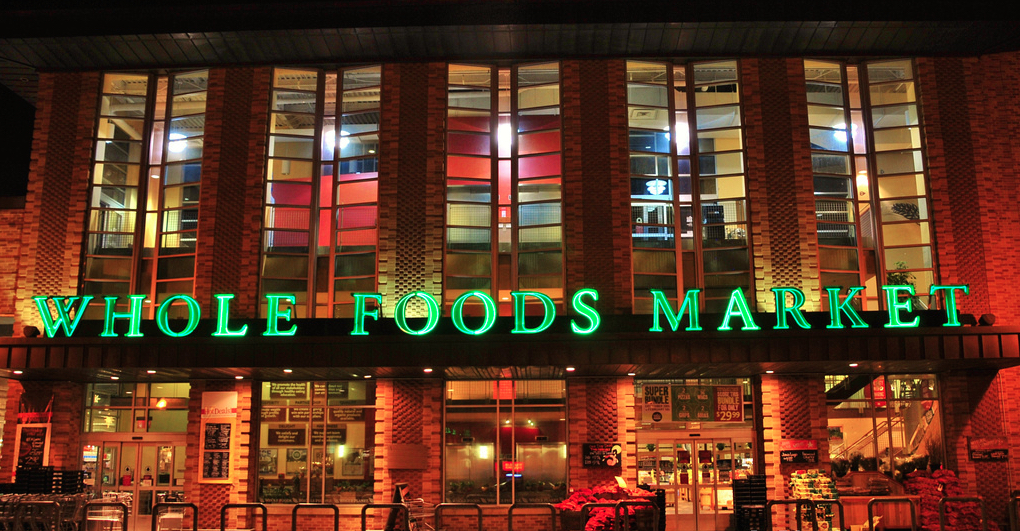Food supply 101: How to buy and store honey, the ultimate survival food
11/24/2020 / By Virgilio Marin
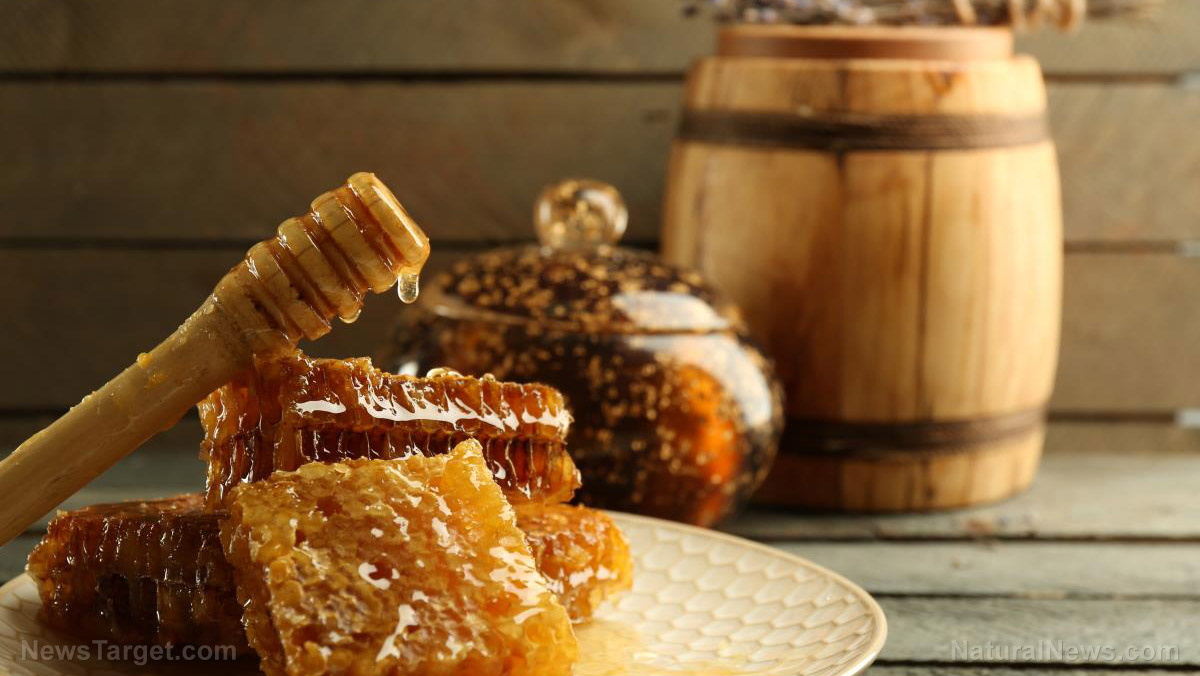
Honey is essential survival food. It’s an excellent natural sweetener and antibacterial dressing, and a good source of phenols and other antioxidant compounds. Honey also has various medicinal uses, such as for treating wounds, soothing coughs and nausea and improving sleep quality. An excellent natural preservative, it was even used by the Ancient Egyptians for embalming.
Before stockpiling honey, however, it’s important to select the right product to maximize the benefits of this functional food. (h/t to PrepSchoolDaily.com)
Buying honey
There are several brands of honey on offer in the grocery store. Not all of them, however, are created equal. Look out for these words on product labels to ensure that you get the best out of honey:
- Natural means the honey being sold might be processed but includes no artificial color, flavor or other synthetic substances. If you see the word “natural” on a product label, check the list of ingredients first before purchasing the product, as use of the term is not strictly regulated by the government.
- Pure implies the total lack of any kind of additives, such as sugar, corn syrup and artificial or natural flavoring. Pure honey can be manuka, clover, bush or pohutukawa honey, and may either be filtered or heated.
- Raw means the honey has not been processed by heating or filtering. Raw honey typically tastes better and has more enzymes and antioxidants than processed honey.
- Filtered means the honey has been run through a filter to remove bits of honeycomb, beeswax and bee parts, such as their arms, legs, antennae and heads.
- Organic means the honey was produced from the pollen of organically grown plants. Organic honey is ideal if you wish to avoid pesticides that may be sprayed on or near the plants visited by bees.
- Adulterated means that additives like corn syrup, water and sugar have been added to the honey.
One way to distinguish between adulterated honey and raw and pure honey is to see whether the honey crystallizes (becomes thick and cloudy). Adulterated honey doesn’t crystallize, but pure and raw honey has a tendency to.
Storing honey
Storing honey is quite painless because it doesn’t expire. Simply transfer it to glass containers and store them somewhere dry. Avoid using plastic containers as plastic is permeable and can break down over time, compromising the honey inside.
One challenge, however, is that honey crystallizes over time. While that’s a good indicator that the honey you’ve selected contains no additives, liquefying honey can be quite an effort. The best and easiest way to liquefy honey is to expose it to the sun, so if the warm days have passed or you live in an area that receives poor sunlight, you’ll need to figure out other ways to decrystallize honey. (Related: Nothing lasts forever – except these 15 foods.)
One solution is to put a jar of honey in the oven and set the heat on low. Check it every once in a while and drain the liquefied honey into a canning jar. You can also heat up a pan of water over the stove and place the jar of honey on the pan, stirring occasionally. If you’re storing large buckets of honey, you can do it in a bathtub full of hot water.
Honey is easily one of the most important survival foods; it doesn’t expire and has several survival applications, such as for treating and disinfecting wounds or for preserving food. If you haven’t stocked up on honey, keep these tips in mind the next time you go shopping for preps.
Sources include:
Submit a correction >>
Tagged Under:
emergency food, Food storage, food supplies, homesteading, off grid, organic honey, prepper, prepping, raw honey, SHTF, storing honey, survival, survival food, tips
This article may contain statements that reflect the opinion of the author
RECENT NEWS & ARTICLES
COPYRIGHT © 2017 FOOD SUPPLY NEWS





